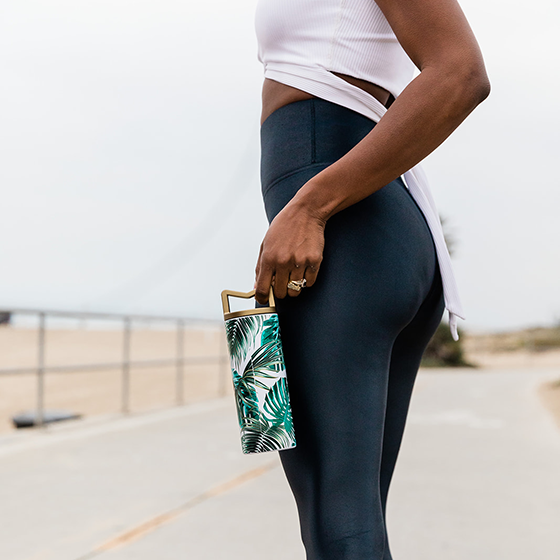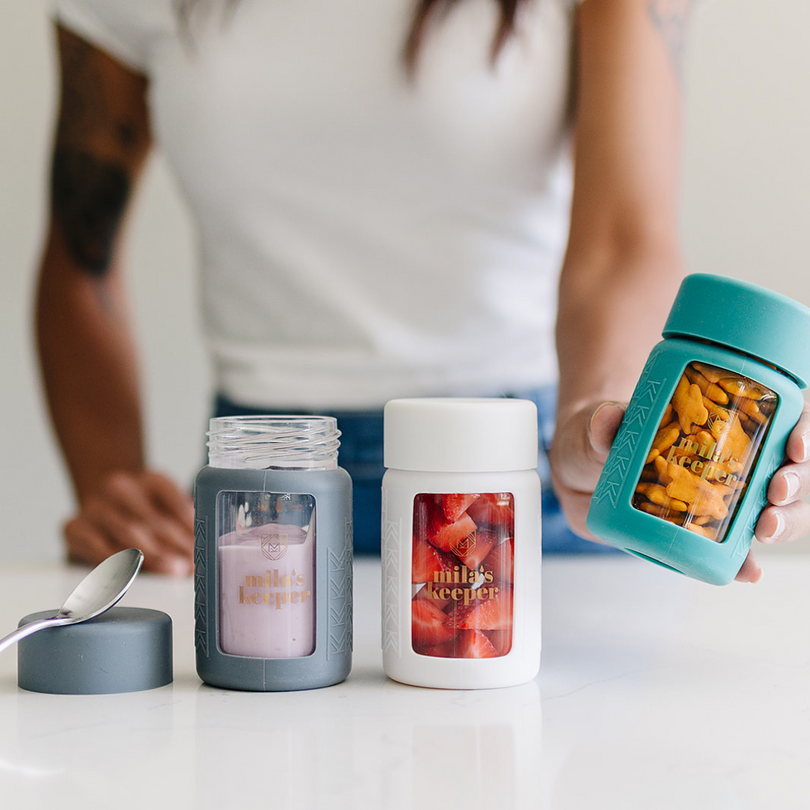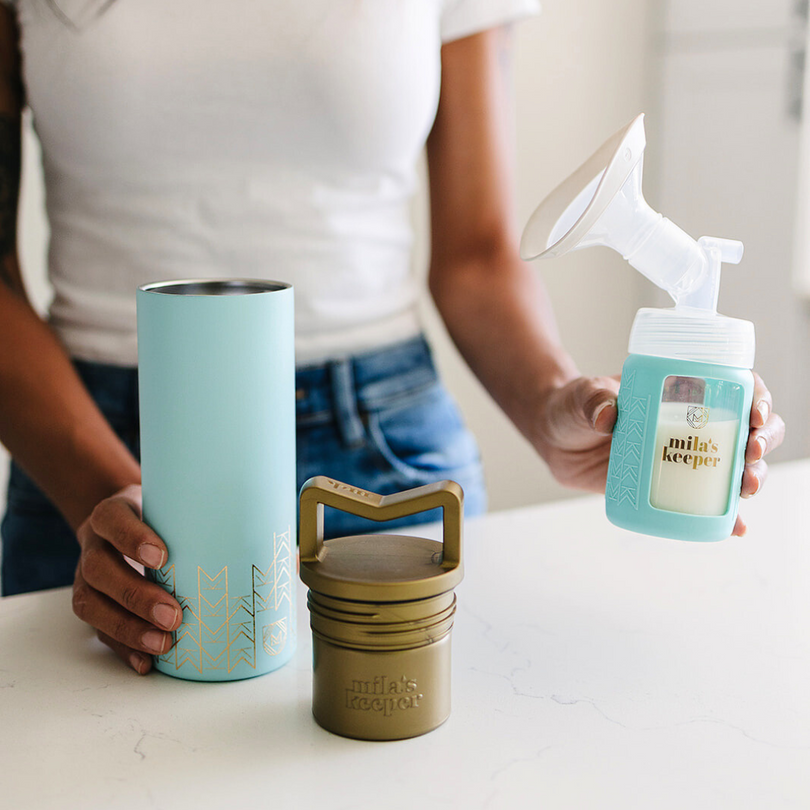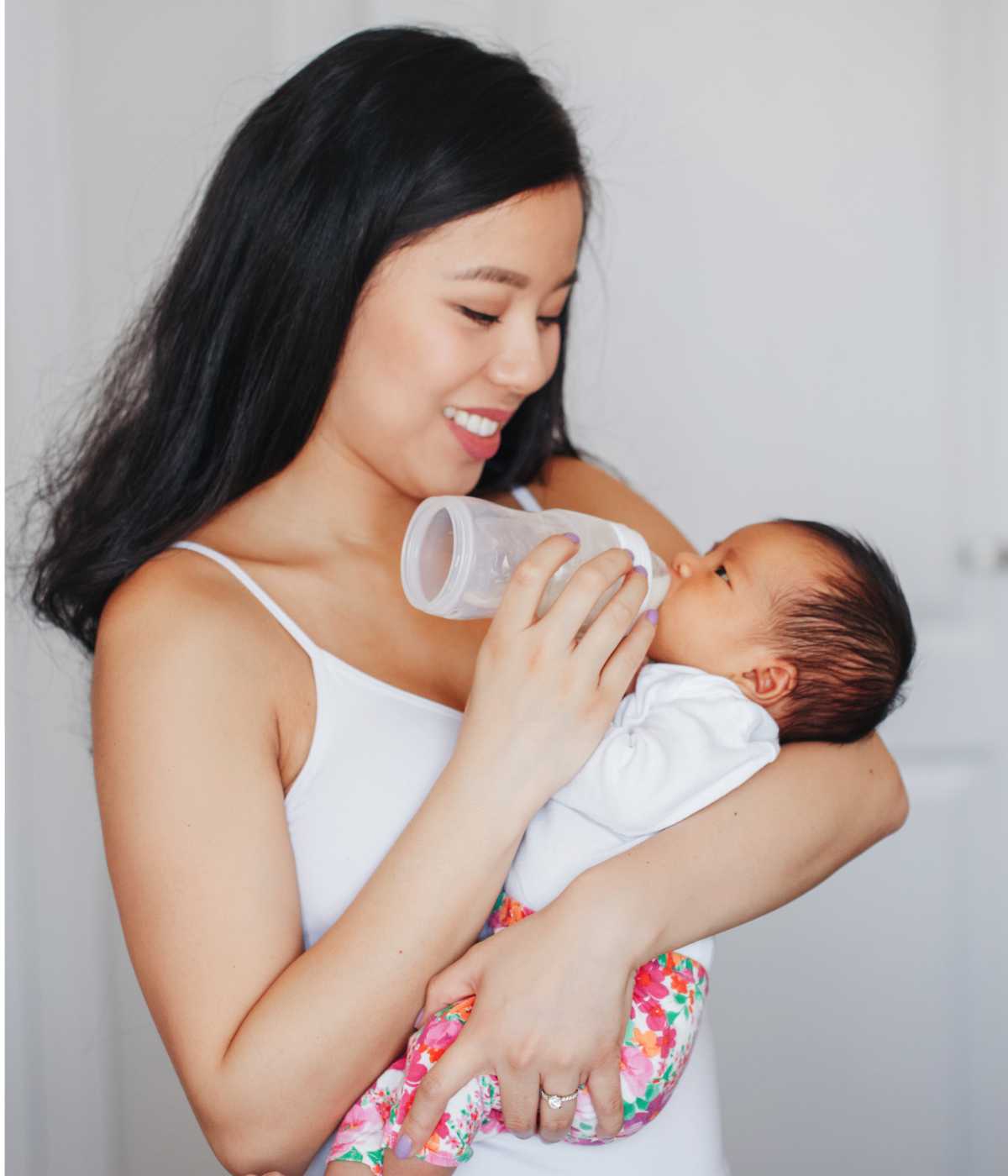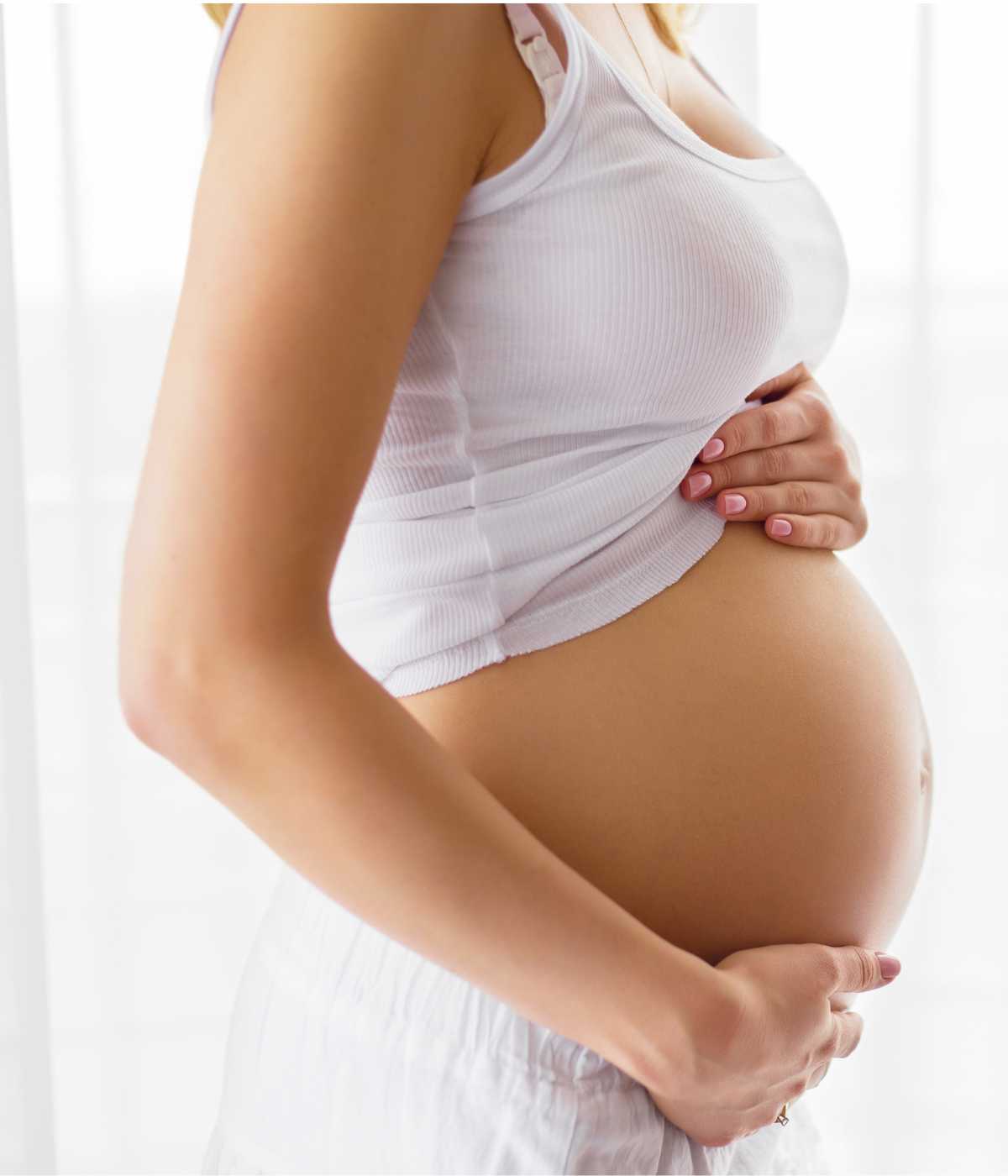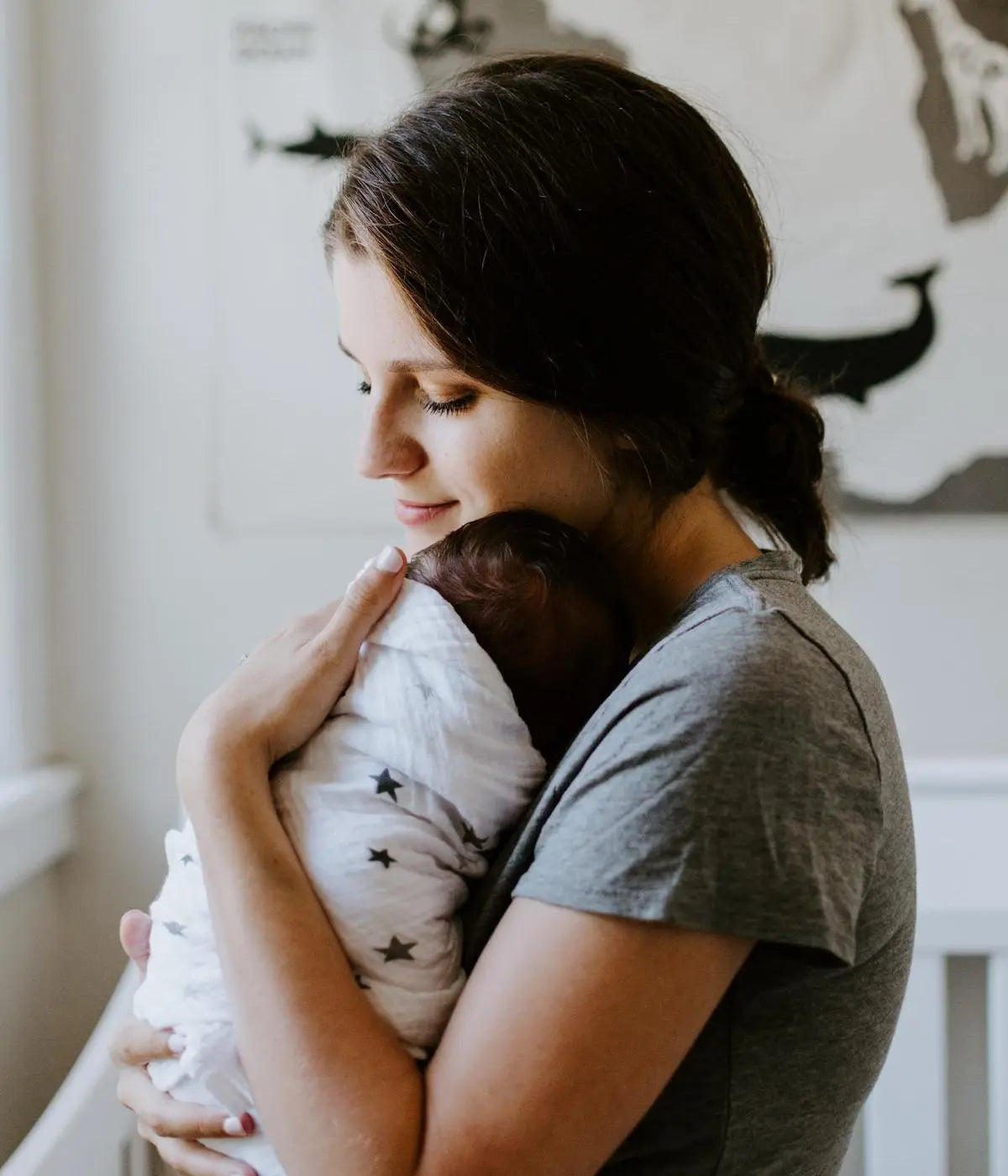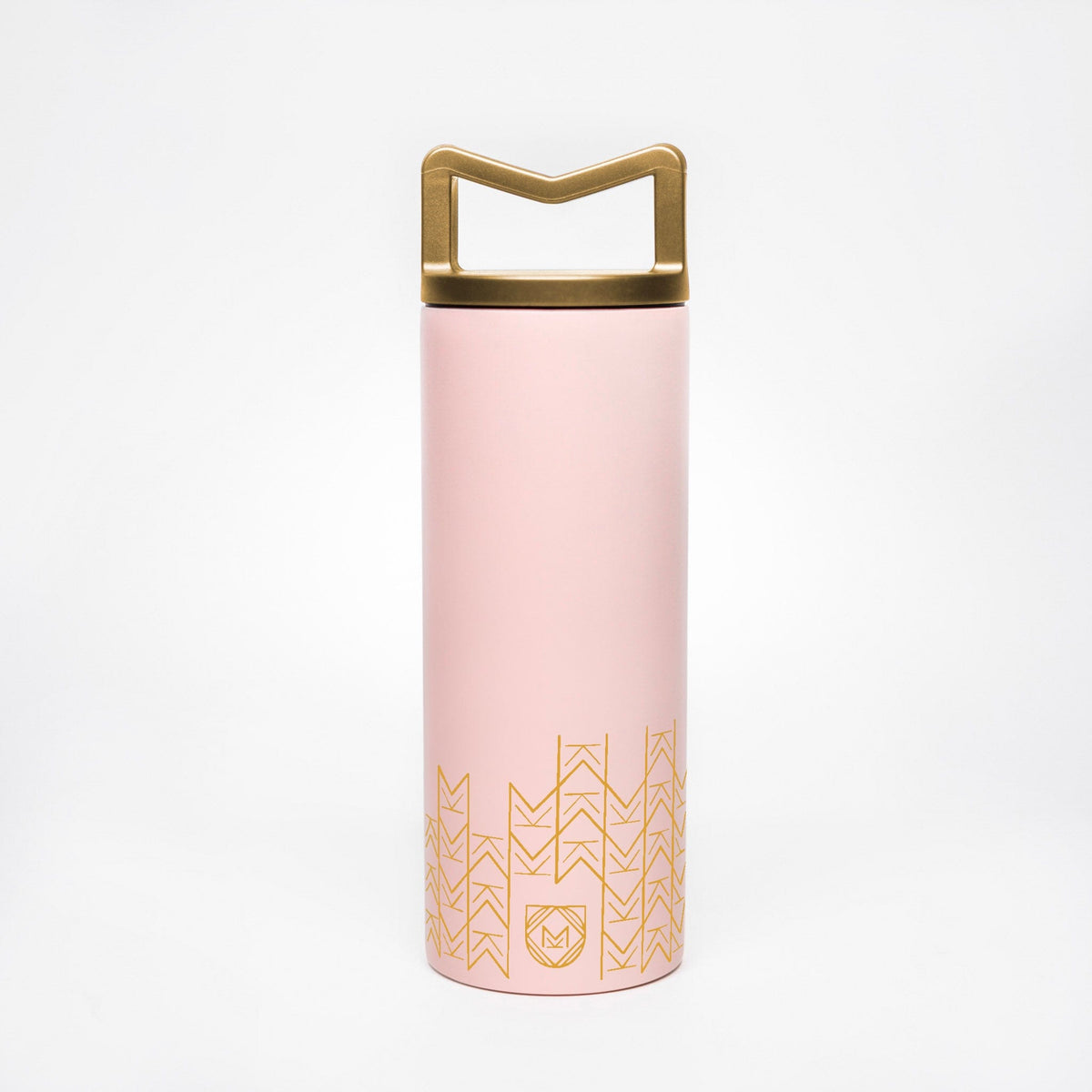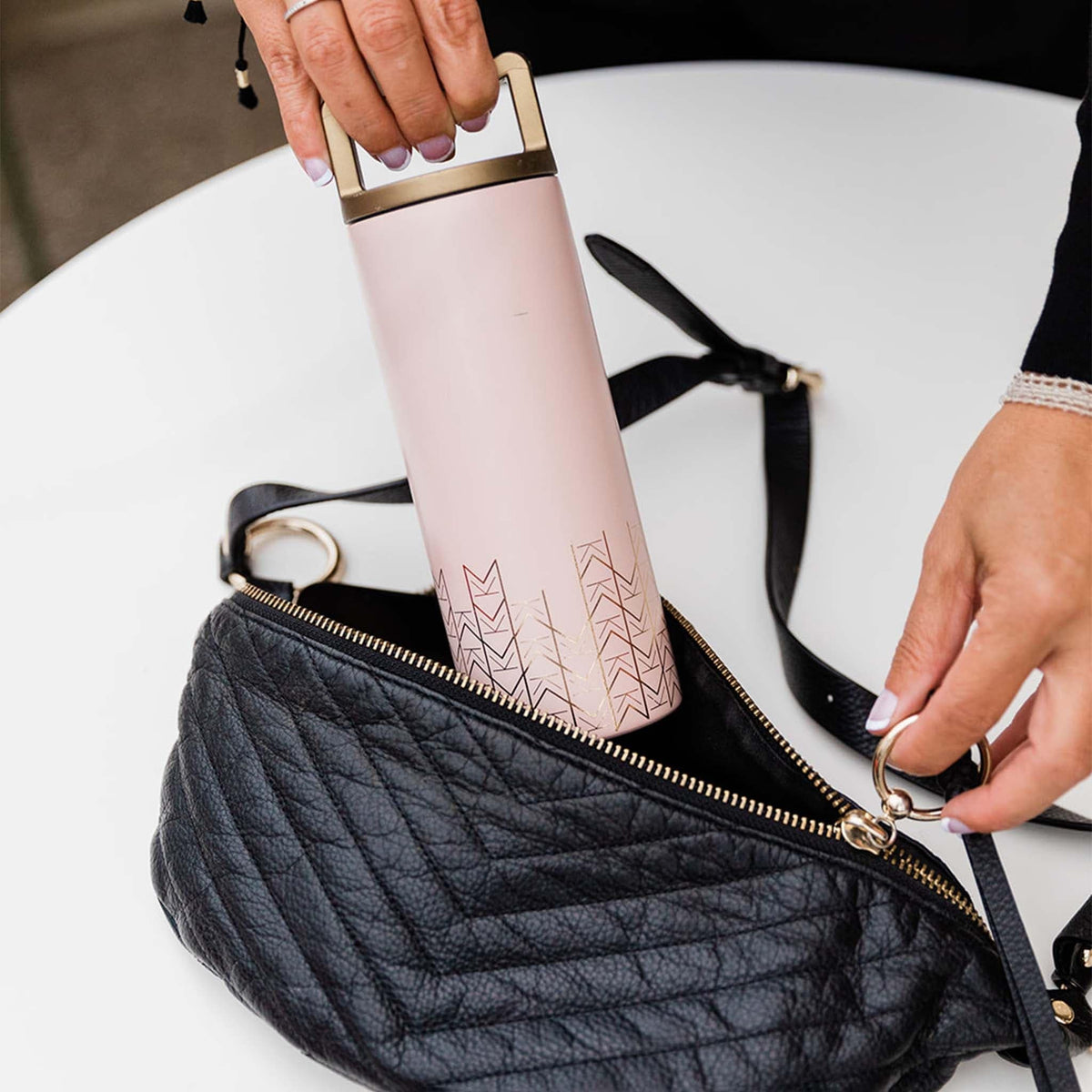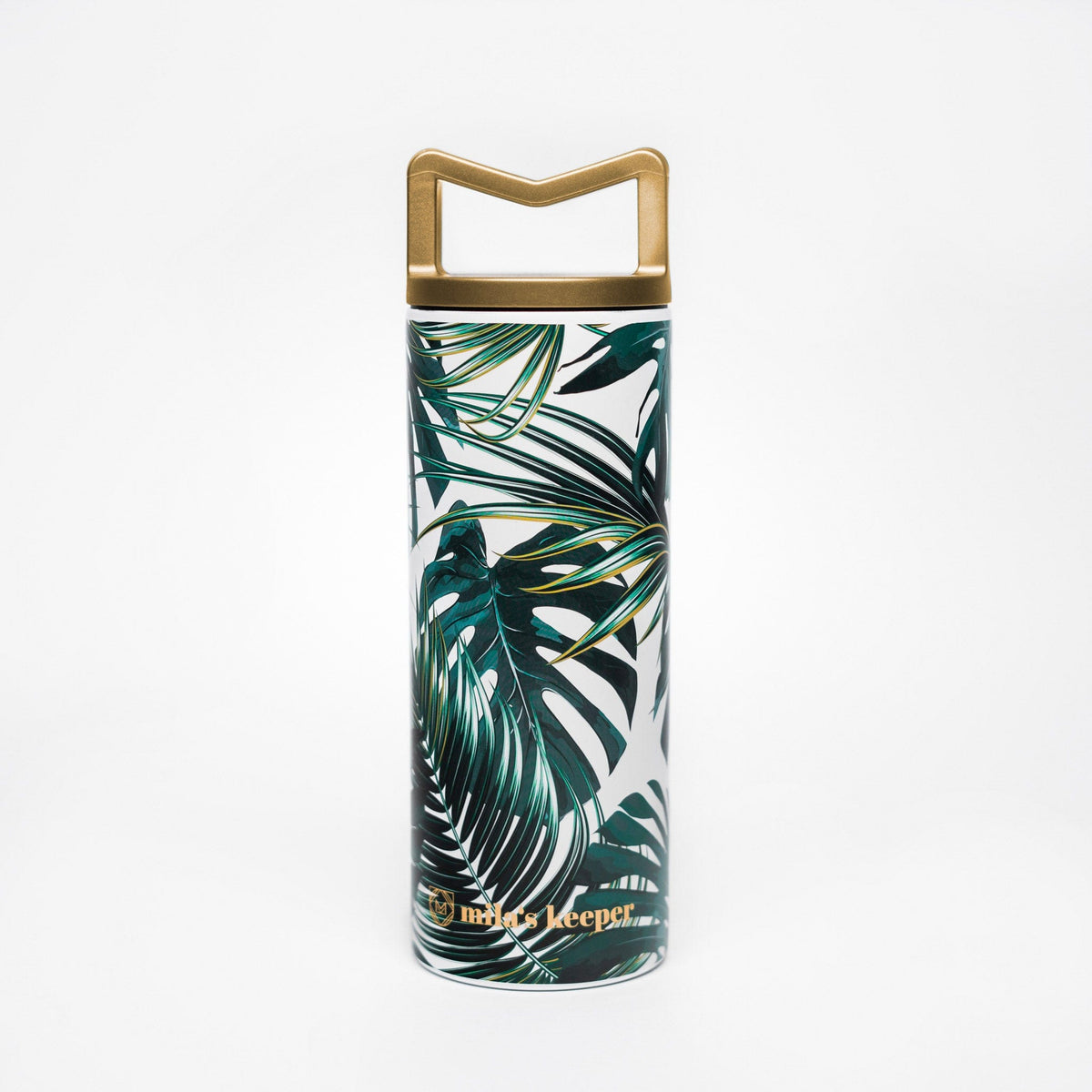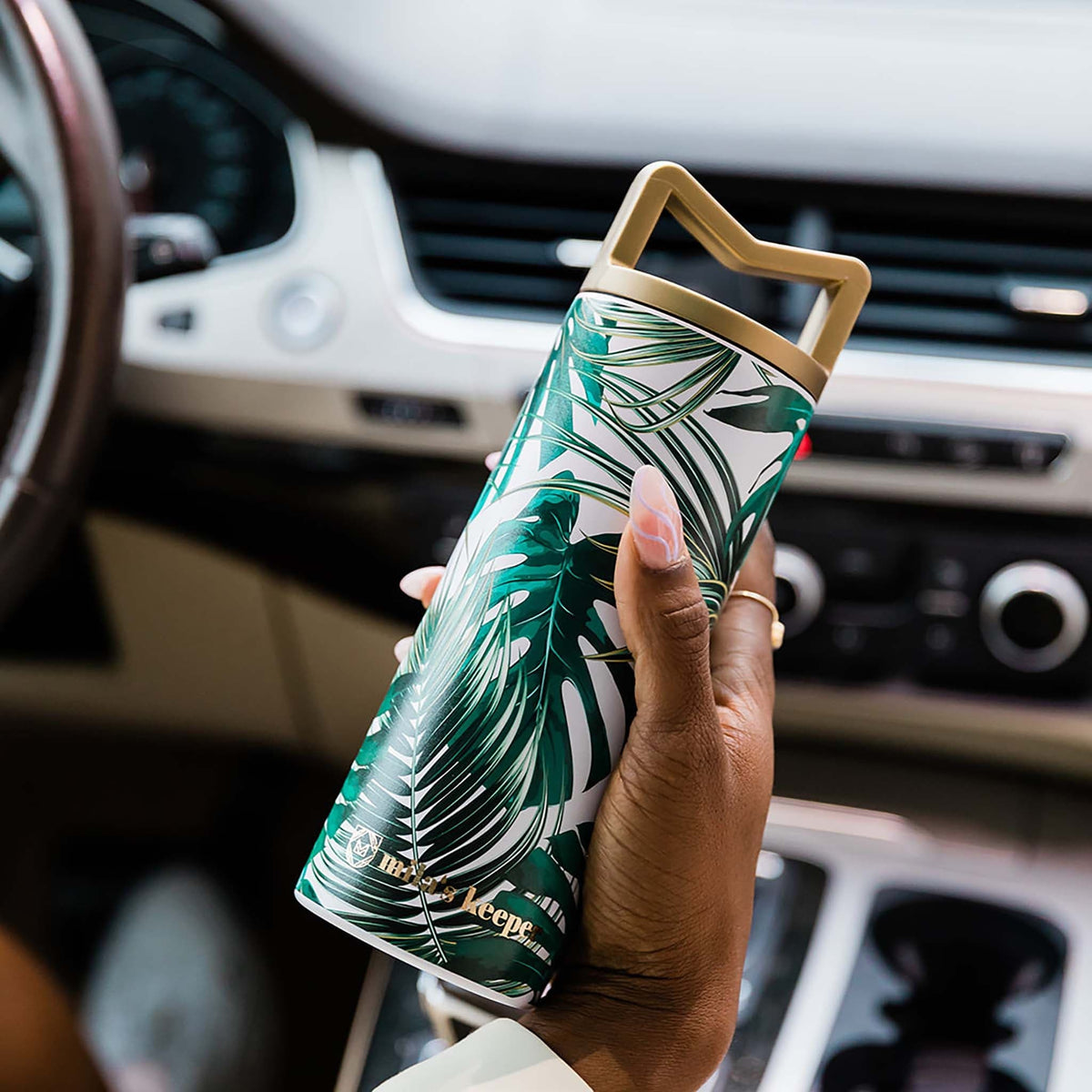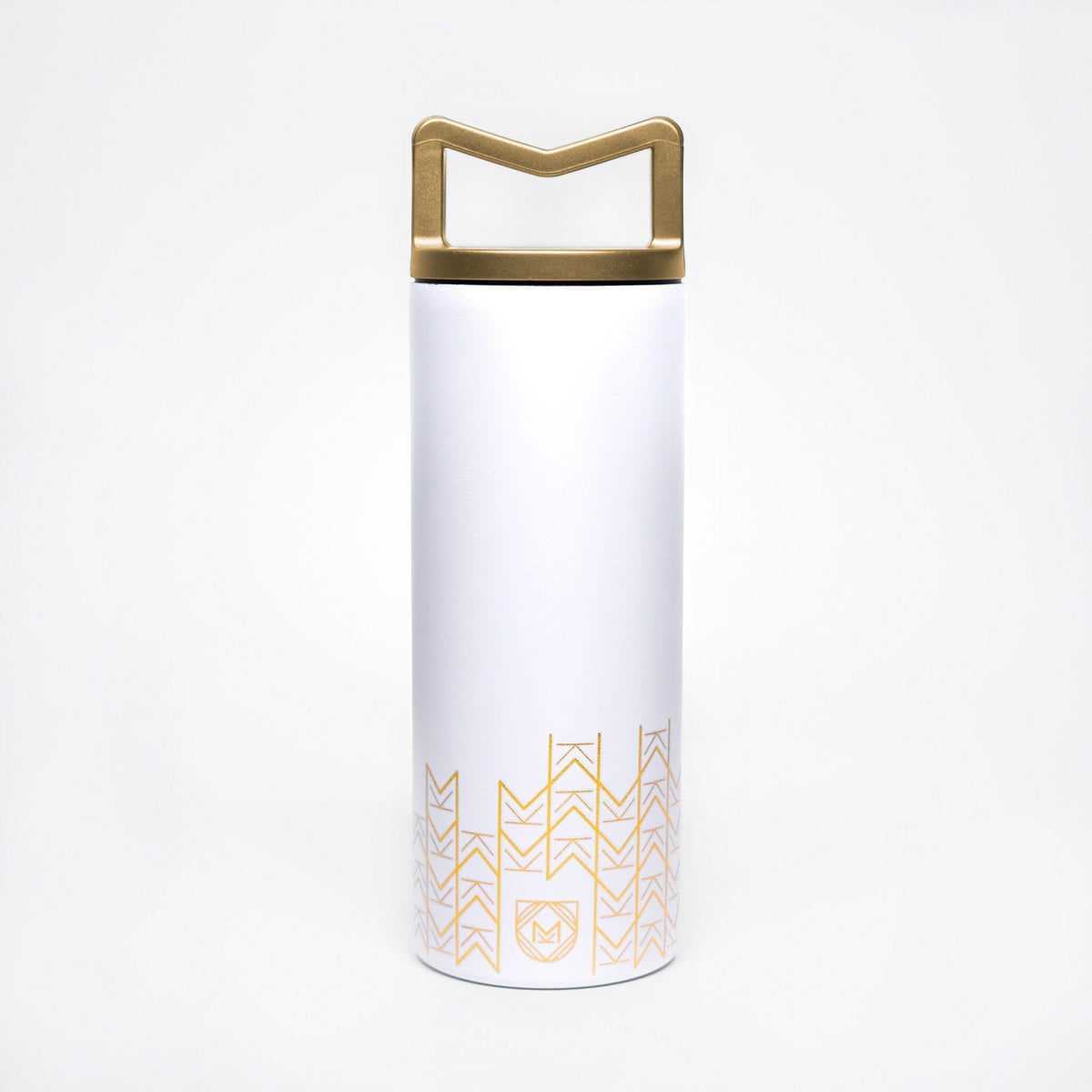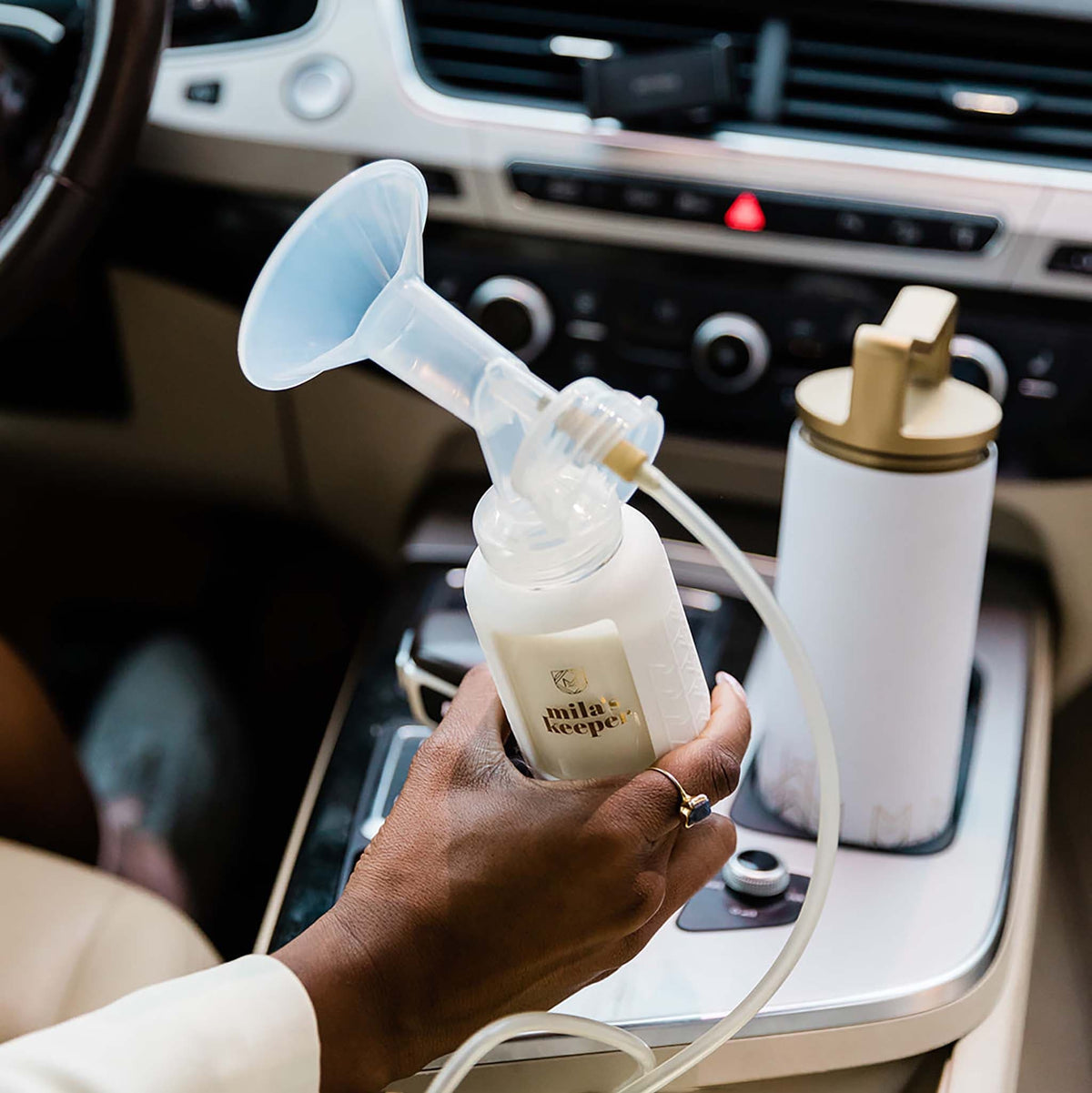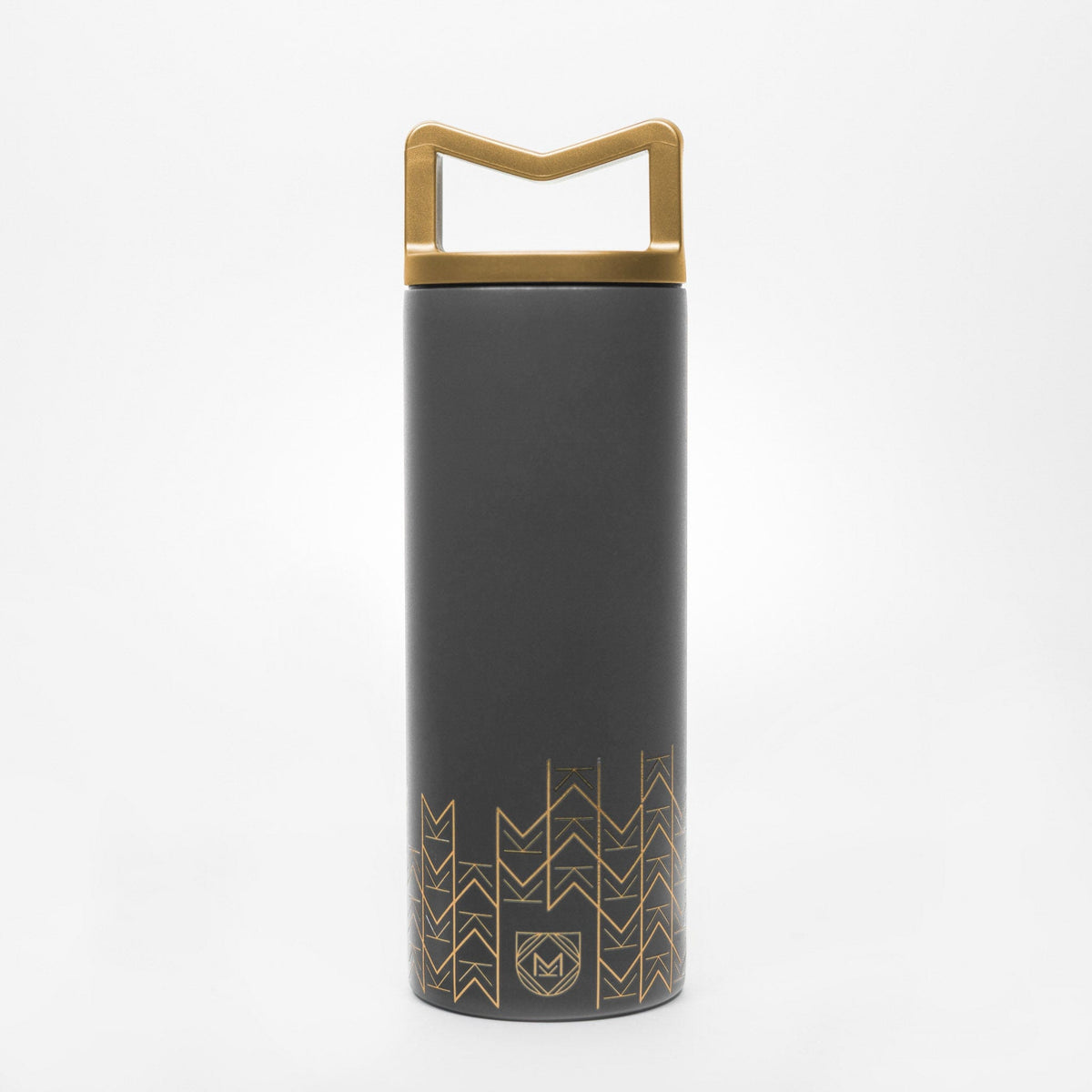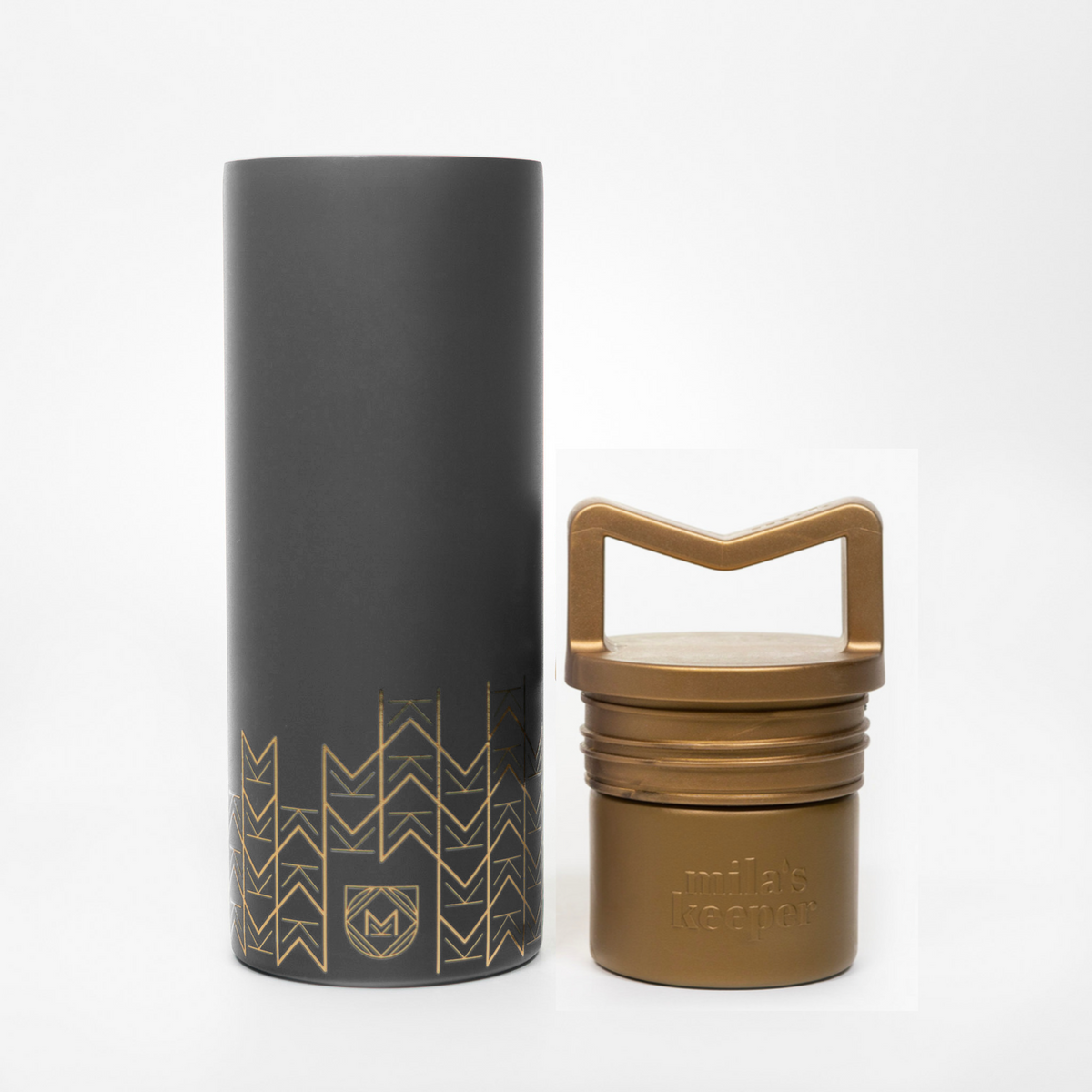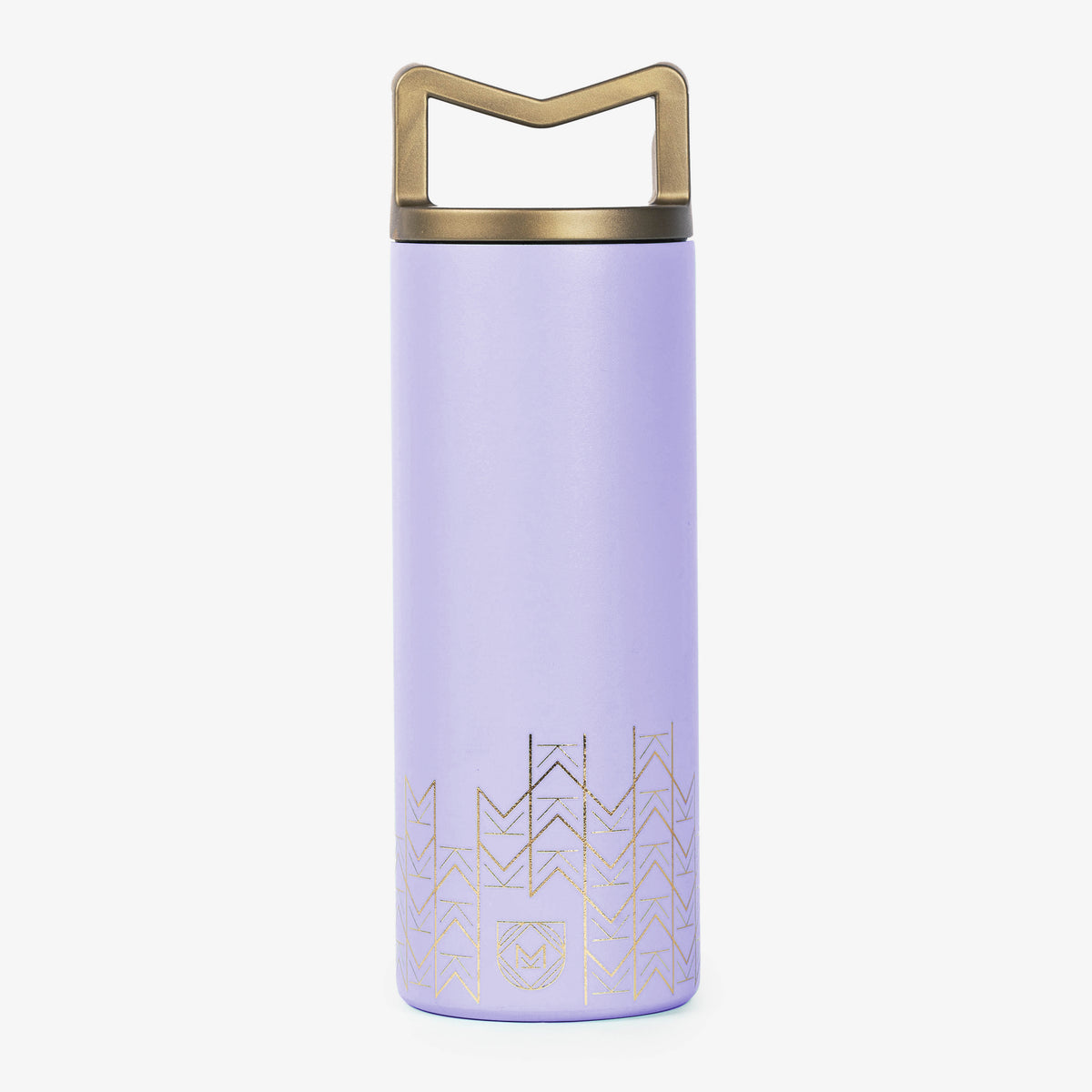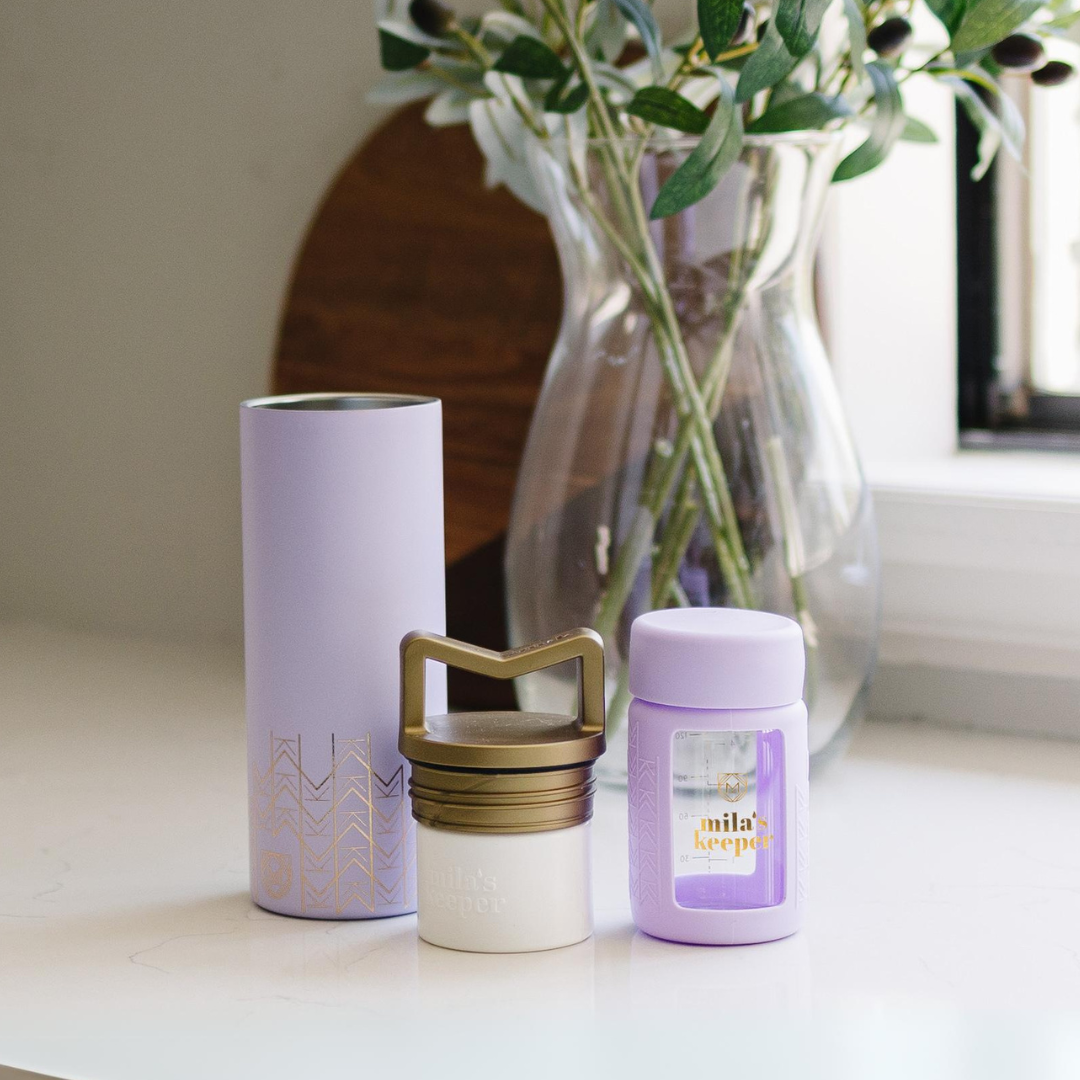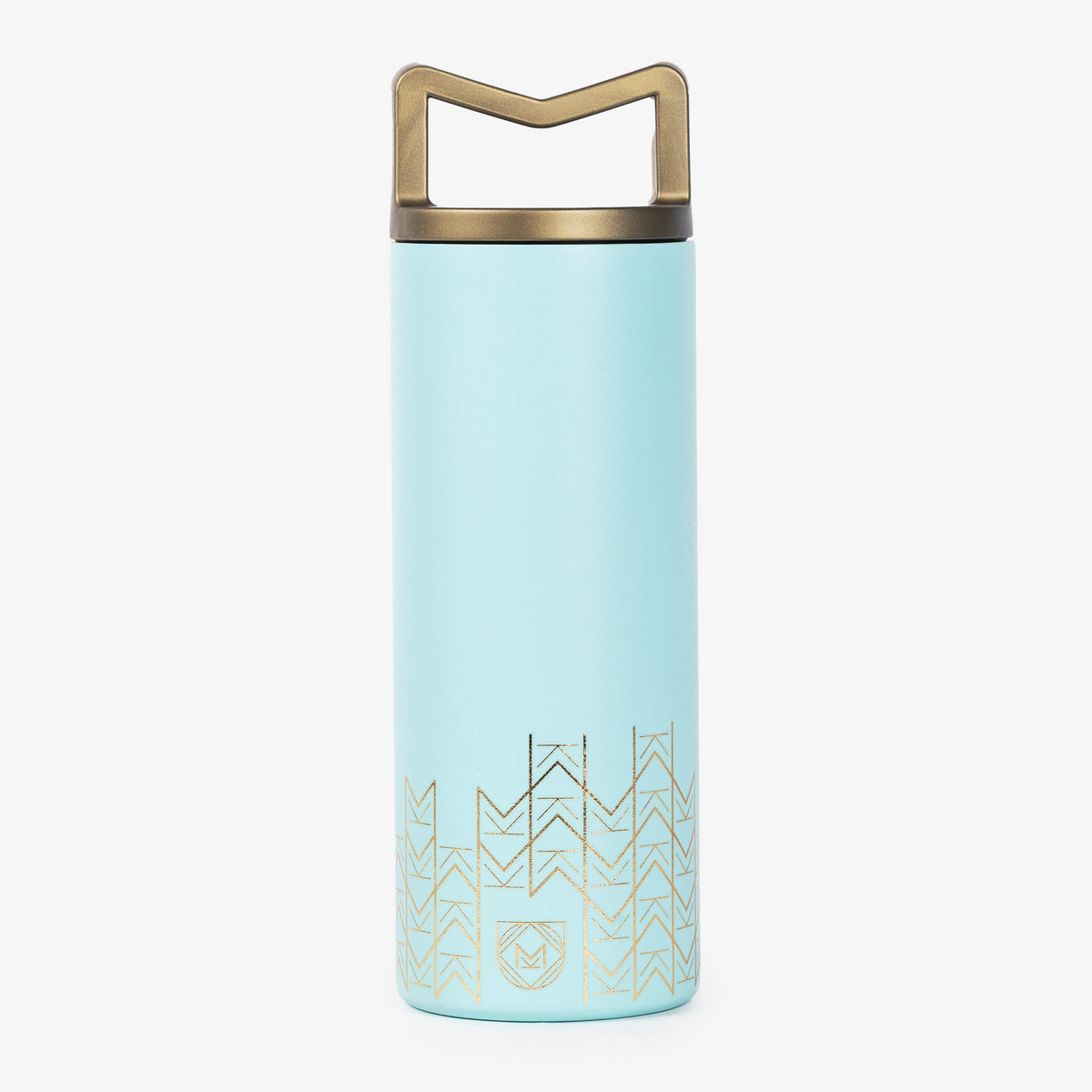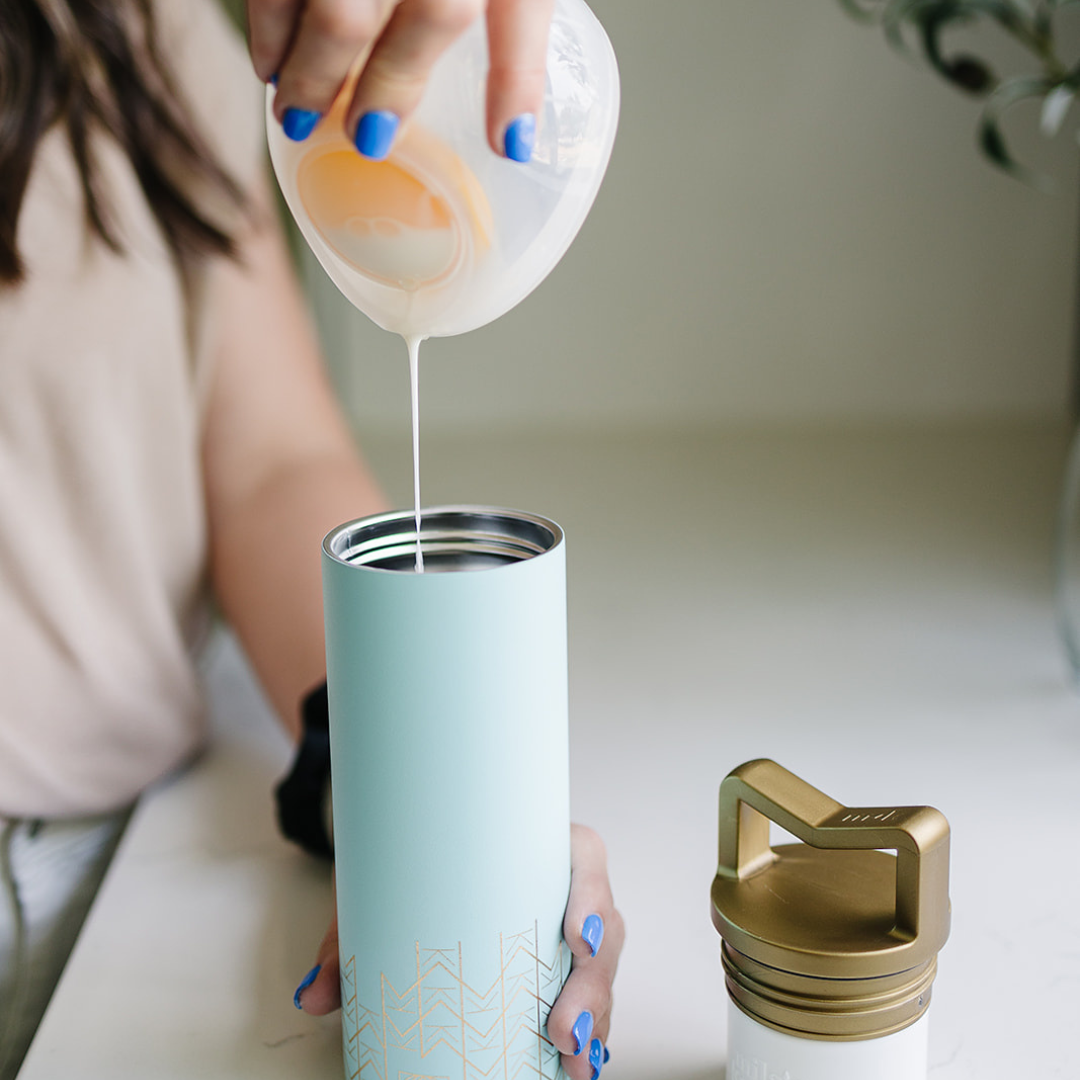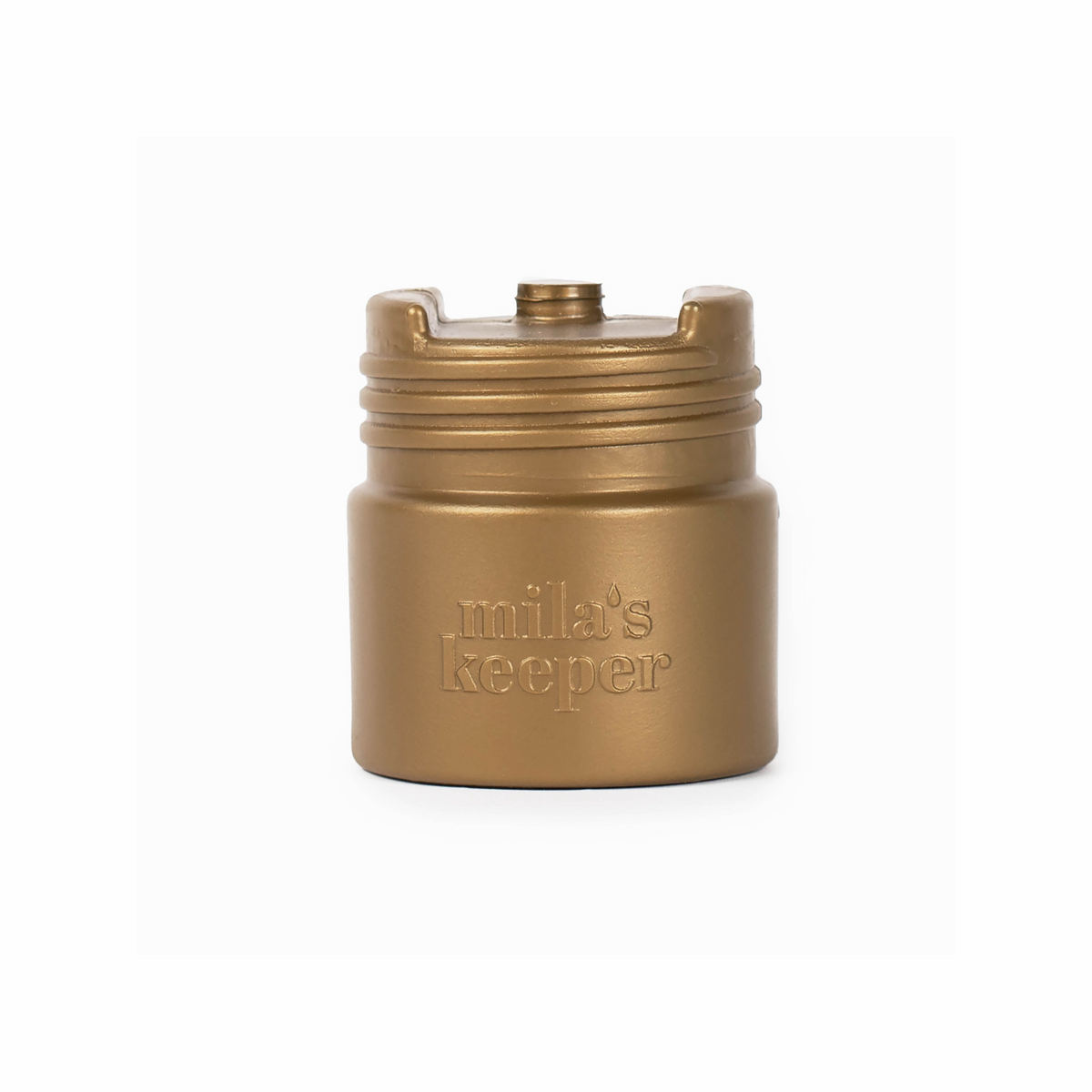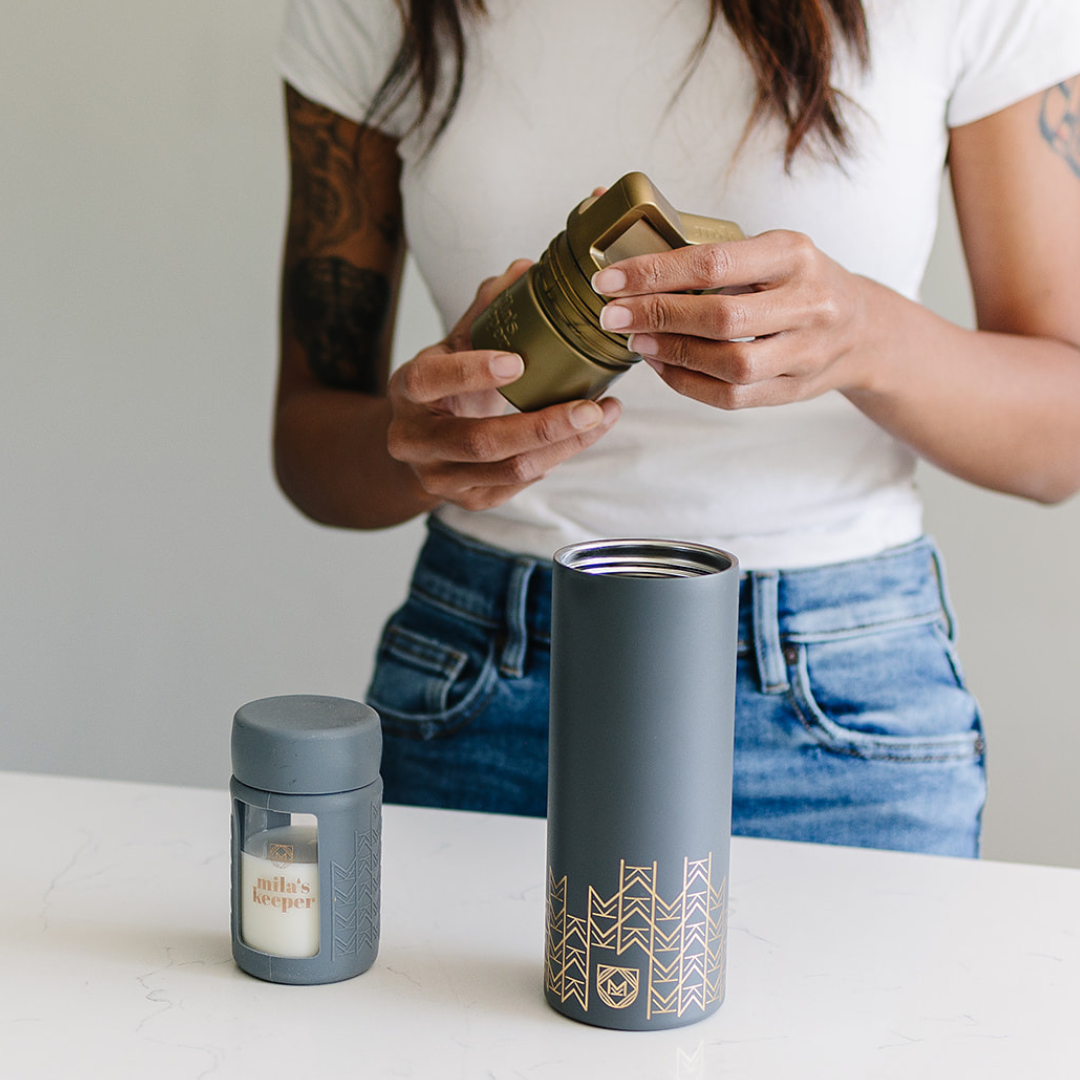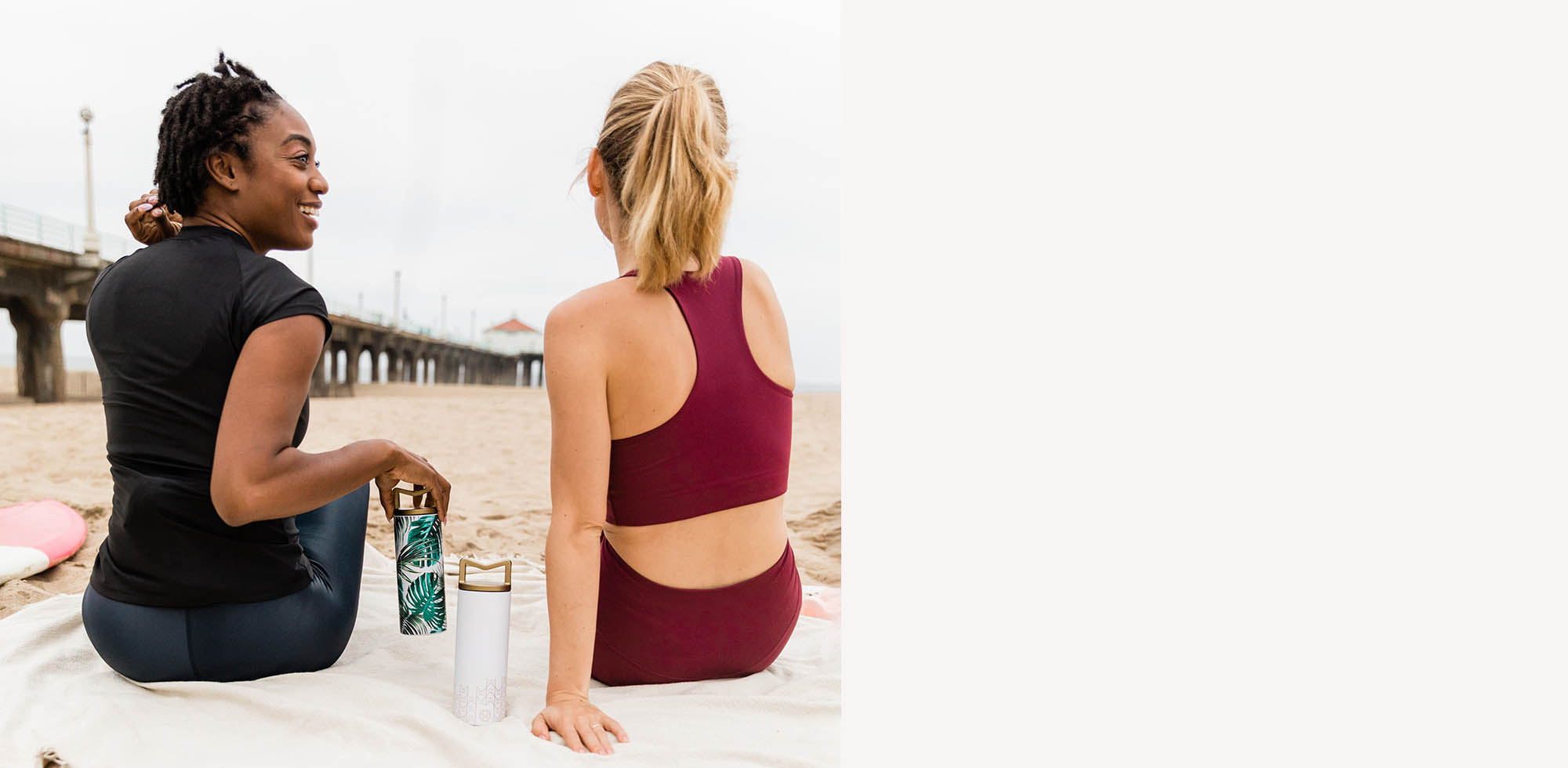10 Important Facts About the Dangers of Plastic to Moms and Babies
At Mila's Keeper there is good reason why we value the use of glass storage containers for all things including milk, baby foods, and anything that mom would consume too! We know however, that the use of plastic is prevalent due to its low cost and ease of use. While this understandable, we also think that it is important to recognize the realistic dangers of plastic as chemicals can leach into our foods, and ultimately into our bodies.
As we are recognizing Breast Cancer Awareness this month, we have decided to partner with Keep-a-Breast's Non-Toxic Revolution which aims to build awareness about the dangers of plastic. So we compiled a list of top facts on the topic taken from reputable publications and studies. We hope this broadens awareness and reduces the use of plastic which is not good for humans or for Mother Nature.
Plastic can be found everywhere in our modern world. Certain types of plastics are known to contain toxic chemicals which have negative impacts on human health. Children are particularly vulnerable to these chemicals since their body systems and organs are still developing. In 2018, the American Academy of Pediatrics (AAP) published a report that warned parents about the harmful chemicals in plastic that interfere with a child’s hormones, growth, and brain development.
Below are 10 important facts about the dangers of plastic on moms and babies.
1. Bisphenol A (BPA) and Polypropylene are chemicals used to harden or make plastics more durable and flexible. These chemicals can be found in baby bottles, water bottles, canned food liners, and sippy cups. Source
2. Human exposure to BPA and Polypropylene occurs primarily through ingestion-- diet, sucking/mouthing plastics, and skin contact. Source
3. Researchers say that pregnant women, fetuses, and newborn children are most vulnerable to these pervasive chemicals present in BPA and Polypropylene. Babies are particularly vulnerable to these toxic chemicals since their body systems and organs are still developing. Source
4. A 2020 study found that bottles made of plastic shed millions of microscopic particles into the liquid they contain. Source
5. Scientists revealed that babies fed breast milk or formula milk in plastic bottles swallow millions of particles daily. Source
6. Microplastics have posed an issue prenatally for mothers and babies. During pregnancy, microplastics were detected on both the fetal and maternal sides of the placenta and in the membrane within which the fetus develops. Source
7. A recent study showed that nanoparticles of plastic inhaled by pregnant laboratory rats were detected in their fetuses' liver, lungs, heart, kidney, and brain. Source
8. Bottle-fed infants worldwide may be consuming more than 1.5 million particles of these microplastics per day on average. Source
9.New breastmilk research has shown microplastics have been found in breast milk for the first time. Previous research proves that microplastic has toxic effects in human cell lines, lab animals and marine wildlife. Source
10. Recently, BPA leached from plastic infant feeding bottles has been shown to produce oxidative stress-induced tissue damage in rats. Hence similar tissue changes may be expected in human infants as well. Source

Please feel free to cite Mila’s Keeper or click the link for the original source. If you would like to see more content like this, please follow us on Instagram @milaskeeper.

